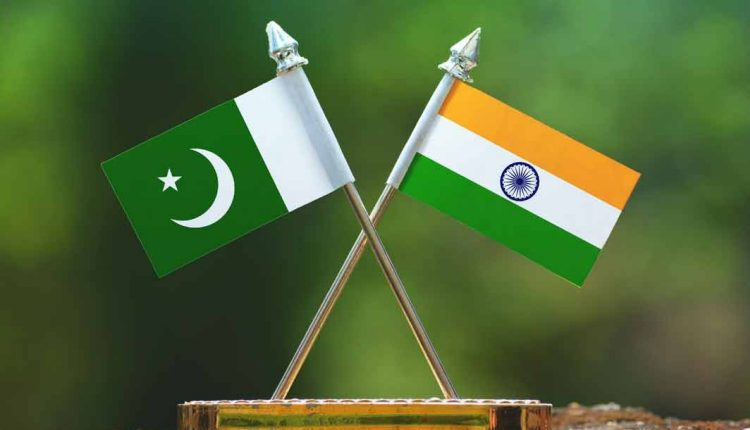Lahore: In a bid to overhaul its failing education system, Pakistan has been advised to adopt India’s ‘ULLAS’ model, a programme designed to uplift underprivileged children and improve overall learning outcomes. The recommendation was made by the Asian Development Bank (ADB) in response to Pakistan’s request for support to enhance its education sector and provide schooling for millions of out-of-school children, according to a report by The Express Tribune.
The ‘Understanding of Life Long Learning for All in Society’ (ULLAS) initiative was introduced by the Indian government in July last year, focusing on equipping underprivileged children with access to formal education. The ADB has suggested that Pakistan adopt a similar strategic, multi-stakeholder approach to improve literacy rates and educational standards. The recommendation includes implementing India’s centrally sponsored schemes, such as ULLAS, to help Pakistan address its educational shortcomings.
India’s Prime Minister Narendra Modi had approved the Bharatiya Ullas scheme, a five-year initiative aimed at providing not only basic literacy but also essential life skills necessary for the modern era. These skills include digital and financial literacy, healthcare awareness, childcare, family welfare, and commercial skills – all intended to prepare citizens for 21st-century challenges.
Pakistan’s education system has long been under scrutiny, with a recent report from the country’s Planning Commission revealing poor learning outcomes across the nation. The report found that 133 out of 134 districts in Pakistan received medium to low ratings for education, with the capital, Islamabad, being the only exception. The findings have highlighted a dire need for reform in public financing and overall educational quality.
The ADB’s advice comes at a crucial time, with Pakistan facing increasing pressure to improve access to quality education. The proposed adoption of India’s ULLAS model is seen as a potential blueprint for reform, aiming to provide not only academic knowledge but also the skills necessary for lifelong learning and personal development.
As Pakistan considers these recommendations, the focus will be on how effectively the country can implement such a model to ensure that its citizens are better equipped for the future. The challenge remains significant, but the ULLAS initiative may provide the framework Pakistan needs to begin its transformation.



Comments are closed.